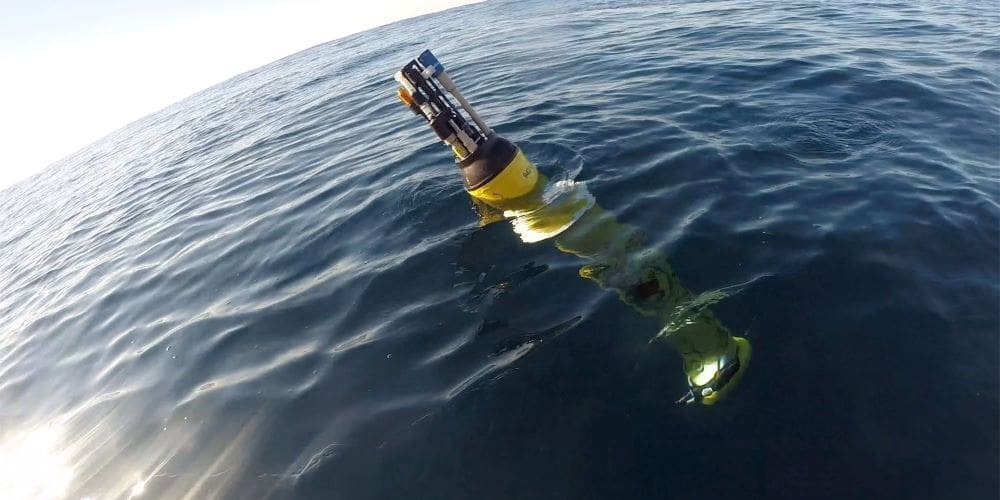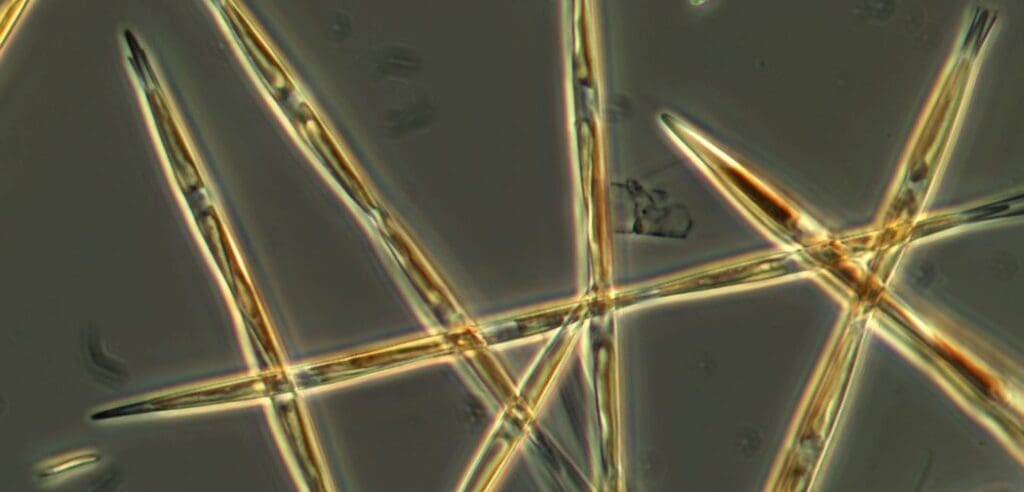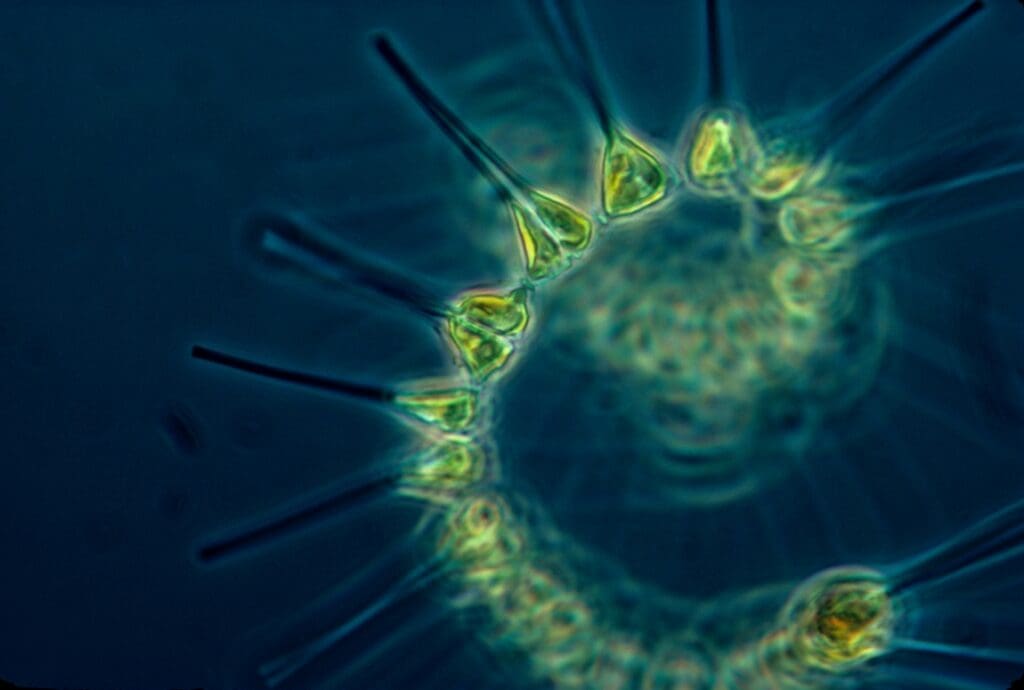
Mapping Denmark’s microbiome and its impact on agriculture and climateScience SourceDecember 8, 2025
Full article
SourceDecember 8, 2025
Full article
Mapping Denmark’s microbiome and its impact on agriculture and climate
Agriculture shapes microbial communities - and with them eutrophication and greenhouse gas emissions Summary: Denmark’s microbiome has now been charted at an unprecedented national scale,…

Climate Science Digest: November 11, 2025Science Muser NewsDeskNovember 11, 2025
Full article
Muser NewsDeskNovember 11, 2025
Full article
Climate Science Digest: November 11, 2025
Explore the latest insights from top science journals in the Muser Press roundup (November 11, 2025), featuring impactful research on climate change challenges. In brief:…

Climate Science Digest: November 3, 2025Science Muser NewsDeskNovember 3, 2025
Full article
Muser NewsDeskNovember 3, 2025
Full article
Climate Science Digest: November 3, 2025
Explore the latest insights from top science journals in the Muser Press daily roundup (November 3, 2025), featuring impactful research on climate change challenges. In…

Marine heatwaves disrupt ocean food webs and slow carbon transportClimate SourceOctober 7, 2025
Full article
SourceOctober 7, 2025
Full article
Marine heatwaves disrupt ocean food webs and slow carbon transport
New study analyzing data from robotic floats and plankton records reveals how marine heatwaves reshape ocean food webs and slow transport of carbon to the…

Climate Science Digest: September 10, 2025Science Muser NewsDeskSeptember 10, 2025
Full article
Muser NewsDeskSeptember 10, 2025
Full article
Climate Science Digest: September 10, 2025
Explore the latest insights from top science journals in the Muser Press daily roundup (September 10, 2025), featuring impactful research on climate change challenges. In…

Climate Science Digest: August 12, 2025Science Muser NewsDeskAugust 12, 2025
Full article
Muser NewsDeskAugust 12, 2025
Full article
Climate Science Digest: August 12, 2025
Explore the latest insights from top science journals in the Muser Press daily roundup (August 12, 2025), featuring impactful research on climate change challenges. In…

Climate Science Digest: July 16, 2025Science Muser NewsDeskJuly 16, 2025
Full article
Muser NewsDeskJuly 16, 2025
Full article
Climate Science Digest: July 16, 2025
Explore the latest insights from top science journals in the Muser Press daily roundup (July 16, 2025), featuring impactful research on climate change challenges. In…

Climate Science Digest: June 23, 2025Science Muser NewsDeskJune 23, 2025
Full article
Muser NewsDeskJune 23, 2025
Full article
Climate Science Digest: June 23, 2025
Explore the latest insights from top science journals in the Muser Press daily roundup (June 23, 2025), featuring impactful research on climate change challenges. In…

Hurricanes stir deep oxygen-poor waters, fueling microbial bloomsClimate SourceJune 7, 2025
Full article
SourceJune 7, 2025
Full article
Hurricanes stir deep oxygen-poor waters, fueling microbial blooms
With careful planning and a little luck, researchers found a surprising upside to hurricanes after a Category 4 storm disrupted their expedition off the coast…

Mapping algae interactions to predict harmful algal bloomsScience SourceFebruary 9, 2025
Full article
SourceFebruary 9, 2025
Full article
Mapping algae interactions to predict harmful algal blooms
Summary New science helps demystify the frequent harmful algal blooms in the Pacific off the coast of Chile by studying how algae species interact with…

Plankton science: Balancing old and new technologiesScience SourceJanuary 30, 2025
Full article
SourceJanuary 30, 2025
Full article
Plankton science: Balancing old and new technologies
Pairing old and new technologiesQuotes from co-authors Enabling continued excellence in plankton science New imaging and molecular technologies are reshaping plankton research, offering faster and…

Microalgae use their light-sensing ‘eyes’ to navigate ocean depthsScience Muser NewsDeskDecember 19, 2024
Full article
Muser NewsDeskDecember 19, 2024
Full article
Microalgae use their light-sensing ‘eyes’ to navigate ocean depths
The tiny phytoplankton that drive oxygen production and carbon storage in Earth's oceans are revealing how they navigate their ever-changing underwater world. Diatoms are unicellular…

Promising antibiotics found in Arctic Sea microbesScience Adrian AlexandreSeptember 4, 2024
Full article
Adrian AlexandreSeptember 4, 2024
Full article
Promising antibiotics found in Arctic Sea microbes
Researchers from Finland and Norway have discovered promising antibiotic candidates in microbes found deep in the Arctic Sea. Using advanced screening methods, they identified two…

New discovery reveals unexpected ocean algae help cool the EarthClimateScience SourceJune 11, 2024
Full article
SourceJune 11, 2024
Full article
New discovery reveals unexpected ocean algae help cool the Earth
By University of East Anglia A common type of ocean algae plays a significant role in producing a massively abundant compound that helps cool the…
